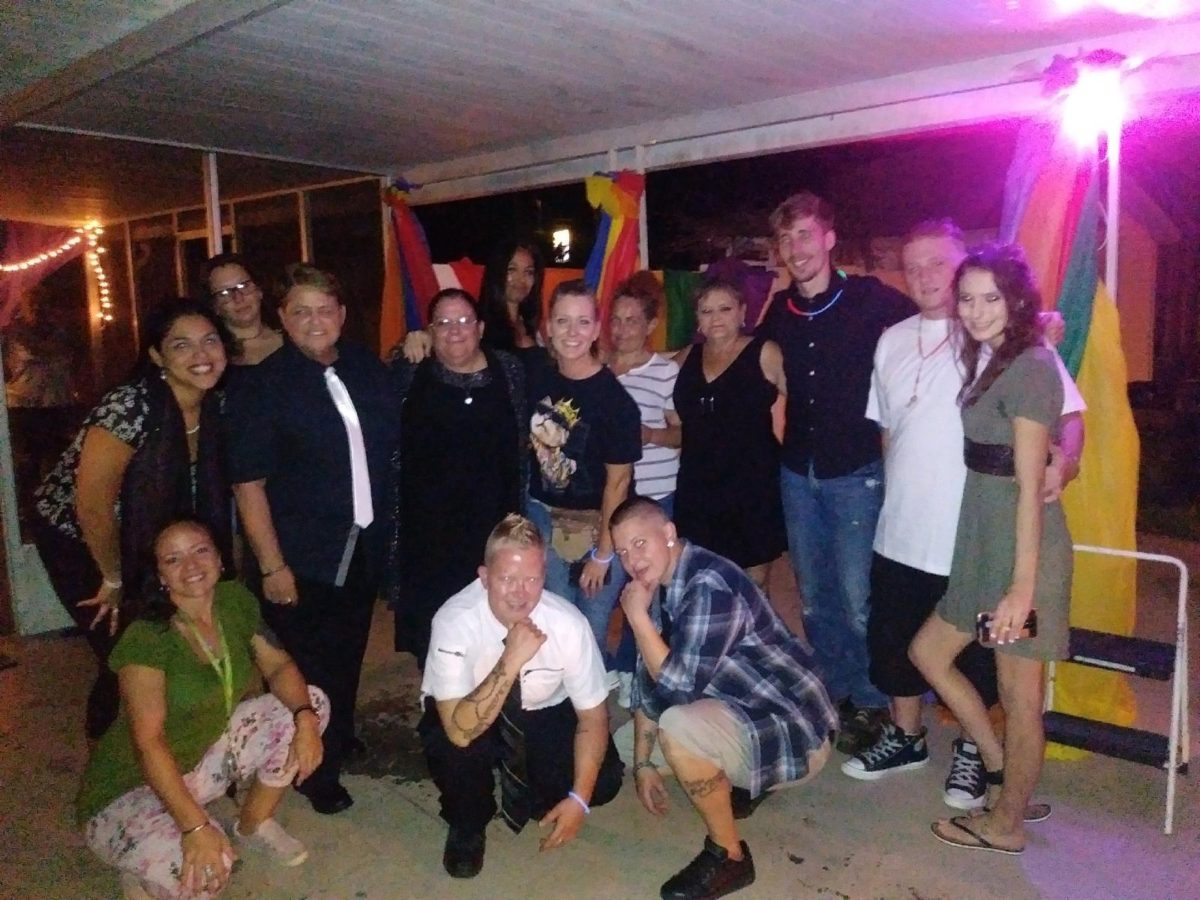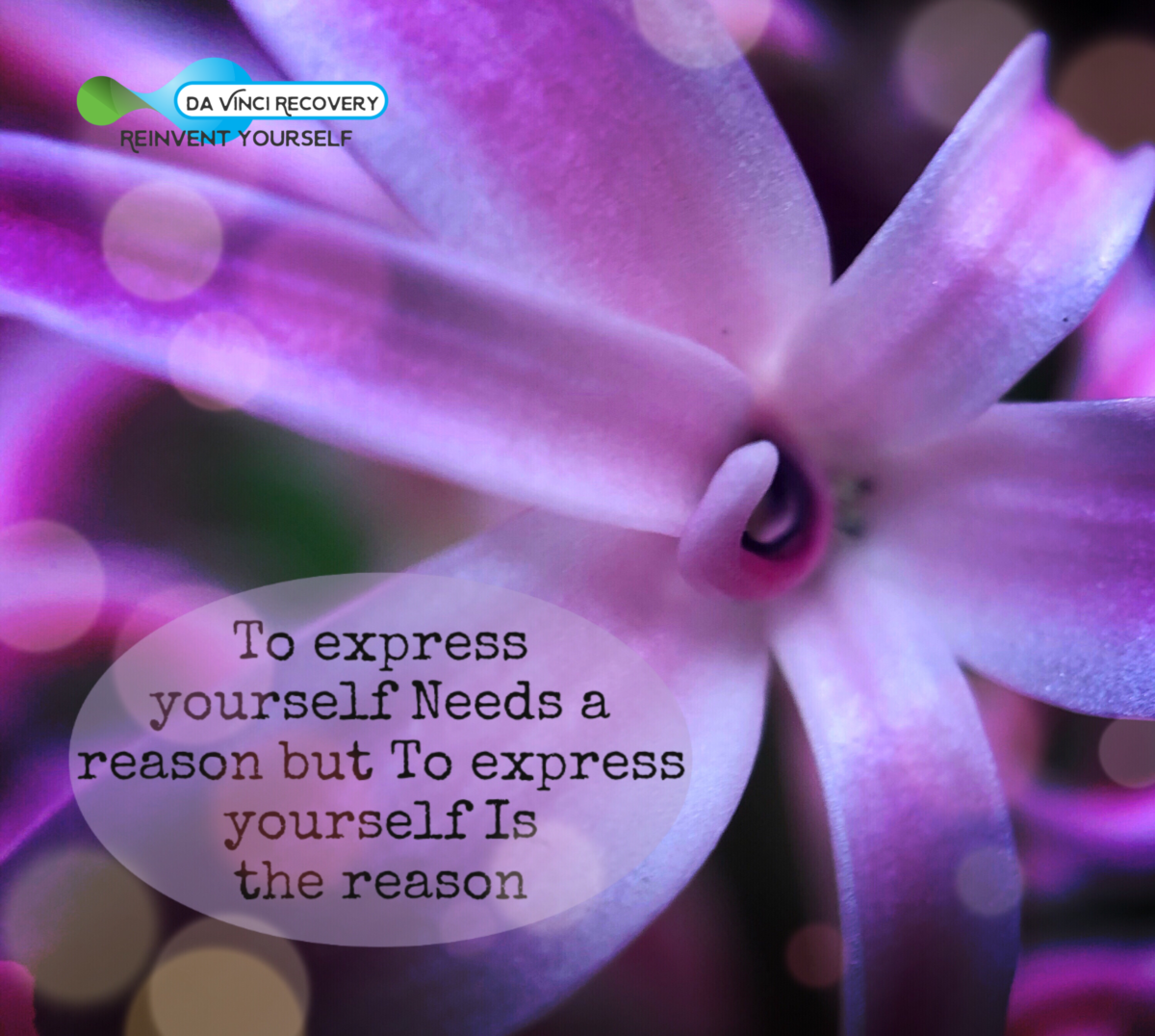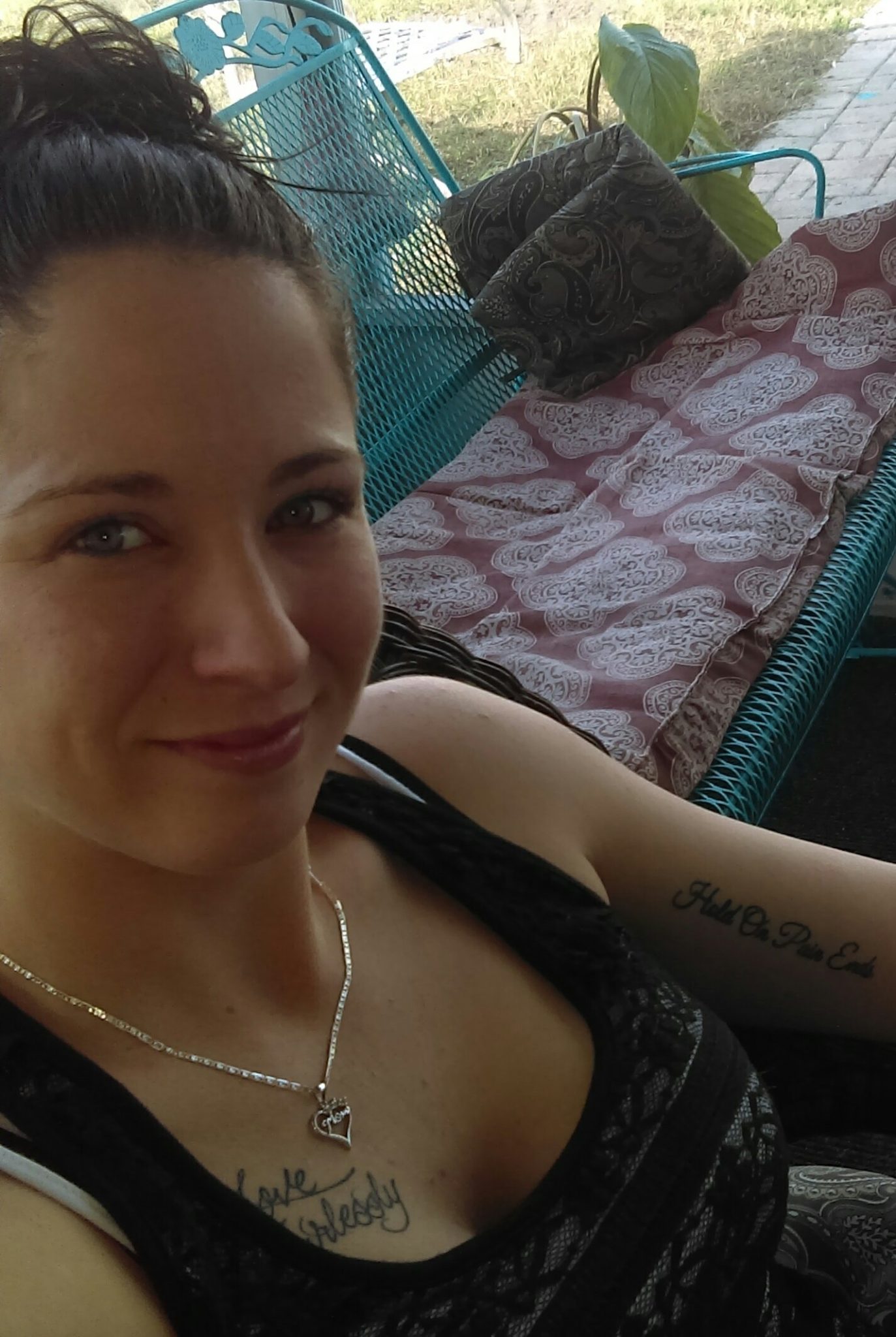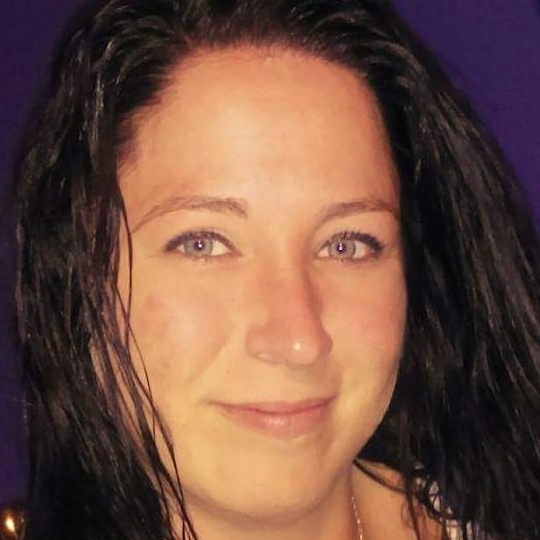Addicts And Alcoholics Are Being Victimized
It’s hard for most to imagine that somehow addicts and alcoholics are victimized. If you have loved or do love an addict or alcoholic, you have suffered yourself, cunning lies, and bottomless manipulations. If we are having a fortunate day with the addict we love, they are incarcerated for something minor and safe for the night. On a bad day we are terrorized with demands, violence, threats of harm to themselves and others. So this blog is about 7 things to consider when choosing a halfway house in Florida.
Doing Your Research
If you are the addict or alcoholic reading this, you already know that having any say in where you get your recovery is futile. If you are doing your research to find the right recovery residence for your loved one, then you also know there endless halfway houses all promising the same things.
Substance Abuse Is Big Business
Unfortunately, the substance abuse industry has become big business. In some cases it is not even beneficial for the facility or institution to facilitate recovery for the addict. Some halfway houses have become traps themselves. There are articles after articles of scam halfway houses.
Solutions
Ok! So what is the solution? To be very clear this blog is about how to choose a halfway house not about if your addict/alcoholic needs a halfway house.
Number 1. Actually talking to the facility.
Talking to the manager or owner of the halfway house is the most important part of your research. Addiction has very low success rates. so beware of large promises. This is a disease of progress and not perfection. Actually talking to the facility to discover their path and plan for success is also needed. A facility that is vague about structure or worse uses a one size fits all “zero tolerance”, method is not what you are seeking.
Number 2 Is the addict or alcoholic compatable with the culture of the halfway house
What you are looking for is a manager or owner that will take the time to listen to the history of your disease or your loved ones disease to see if that facility is a fit. An honest halfway house has a “culture” of its own that works well with some addicts and not others. This where you can tell if its a trap halfway house or not. If they just seem too eager to take your addict regardless of their history, I advise to continue the search. Talk to the manager about transportation and location to employment.
Number 3 Are they Visible in the community?
Are they visible in the community? Do they have recent google reviews? Do they have an active social media page? Why is this important? Is it apparent that the addicts in that facility openly engage with the community of anonymous support? Is the house accessible for tours if need be? If anonymity is important how will they respect that? These are all important to know. Anonymity is important for some but a halfway house that doesn’t actively engage with the community of recovery support to celebrate successes and create connections may have something to hide.
Number 4 How long does the Average resident stay?
Ultimately the goal is independence. An Addict or alcoholic sometimes have children to return to. The reality of recovery is that an addict has caused themselves a lot of hurdles to overcome. Most addicts have legal issues and financial obligations to the courts. There is also the obstacle of getting driving privileges back as well as a vehicle. Finding steady employment that will provide for them consistently is difficult when they have scattered work history and criminal backgrounds. Then ultimately achieving first, last, and security for that first apartment is daunting.
A halfway house that has residents staying six months or less is likely being dishonest or has rules so stringent the addict is rooming with other addicts or worse hooking up with a significant other too quickly because of rigid house rules or worse a halfway house that is chaotic or toxic. it is not unusual for this phase of recovery to take a couple of years, but on average transitional living should take one year to 18 months.
Number 5 Recovery Centered
Halfway houses are not substance abuse treatment centers. The addict or alcoholic in this phase is learning to first and foremost treat their disease daily before anything else they do. Transitional living should be centered around creating lasting habits and connections with local anonymous support groups.
Number 6 Does The Halfway House Have a Plan should an alcoholic or addict relapse?
Relapse is a part of many addicts story but with a solid foundation in the recovery community it does not have to mean “the bottom” it once meant. It releases family members from co-dependence because now they have other addicts in recovery, a sponsor, and other service commitments that help keep them accountable. Even better they find connection, friendship, fellowship and support that permanently changes their lives. Does the halfway house have a “zero tolerance” stance, do they offer detox resources with an option to return, or do they offer other resources? These are important questions to ask.
Number 7 Trust Yourself
If the halfway house you are considering working with, seems to have unusual practices or seems secretive, consider these flags. As with any health care situation check for unusual charges for UA’s and other services.
Halfway House can be best part of Recovery
In this phase of recovery and addict or alcoholic learns to live life on life’s terms without using drugs and alcohol. Most importantly this phase of recovery reduces the devastating loneliness that an addict endures by going through the same struggles with others in recovery. They are able to celebrate milestones that only another addict can appreciate and learn to laugh, love and loose the shame of the past active addiction. addicts find support and understanding but even more they live with and see everyday the proof that living a new way of life is possible. Hope and pride give gratitude that they didn’t give up on themselves. They become productive members of society and give that back to other addicts still suffering.




